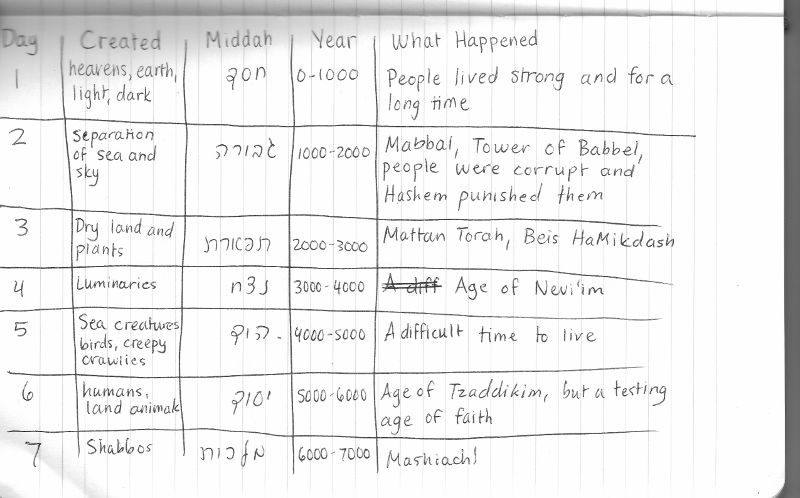I believe the Alter Rebbe (although I don't remember where) mentions that each 1,000 year period in history can be compared to one of the days of Creation. For instance, the years 0-1000 are compared to the first day of Creation, 1000-2000 are compared to the second day, 2000-3000 are compared to the third day, and on and on. The years 5000-6000, the years we live in now (5777), is compared to the sixth day of Creation, or Erev Shabbos.
Once Moshiach arrives, he will teach everyone the secrets of the Torah (kabbalah) in a way where everyone will fully understand. This is the one thousand year period (6000-7000) that is compared to Shabbos.
There is a mitzvah to taste the foods prepared for Shabbos on Friday. From this the Alter Rebbe teaches that we are allowed to "taste" so to speak the secrets of the Torah during the period of Erev Shabbos before Moshiach comes and teaches us the secrets in a true, fully explained light. This is why we can learn the Zohar openly, and there is no more secretive teaching of it from one teacher to one student.
Here is a scan of the notes I took from my rebbi concerning this principle.


